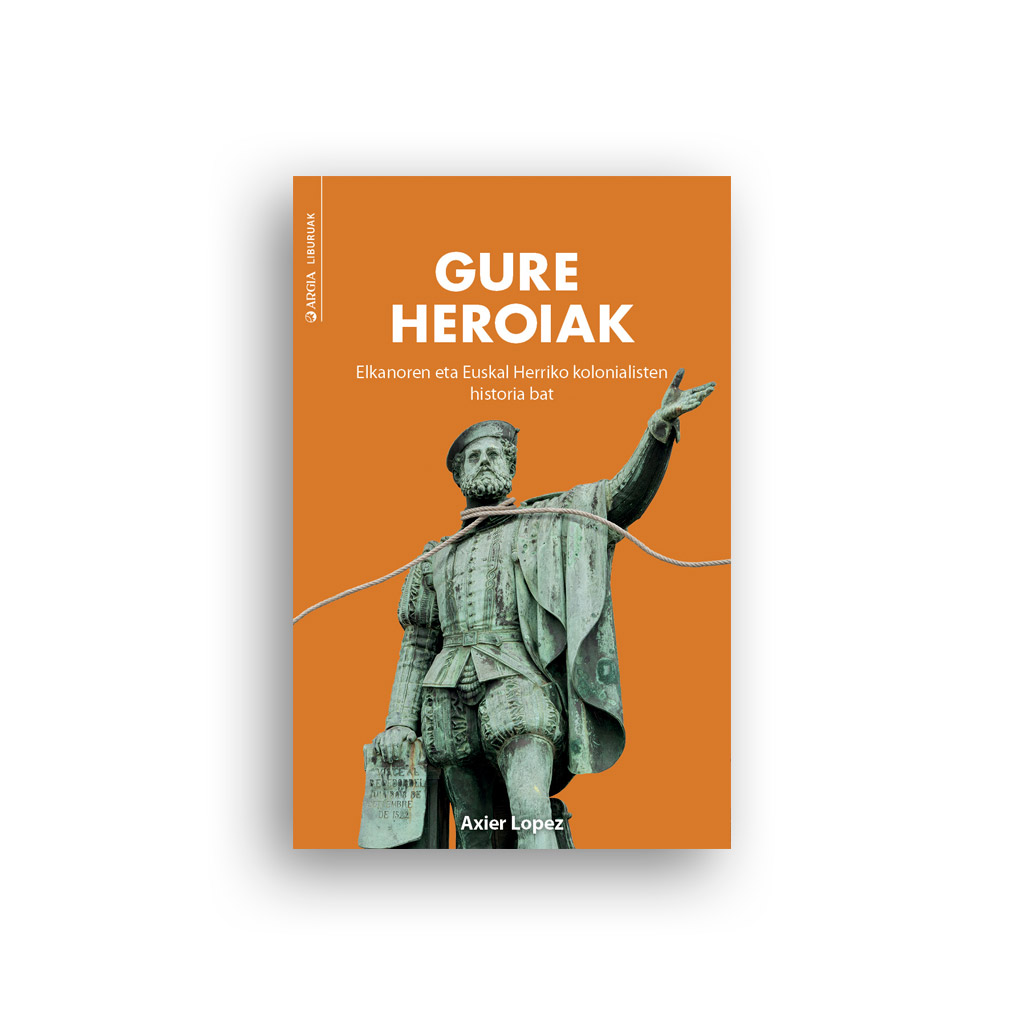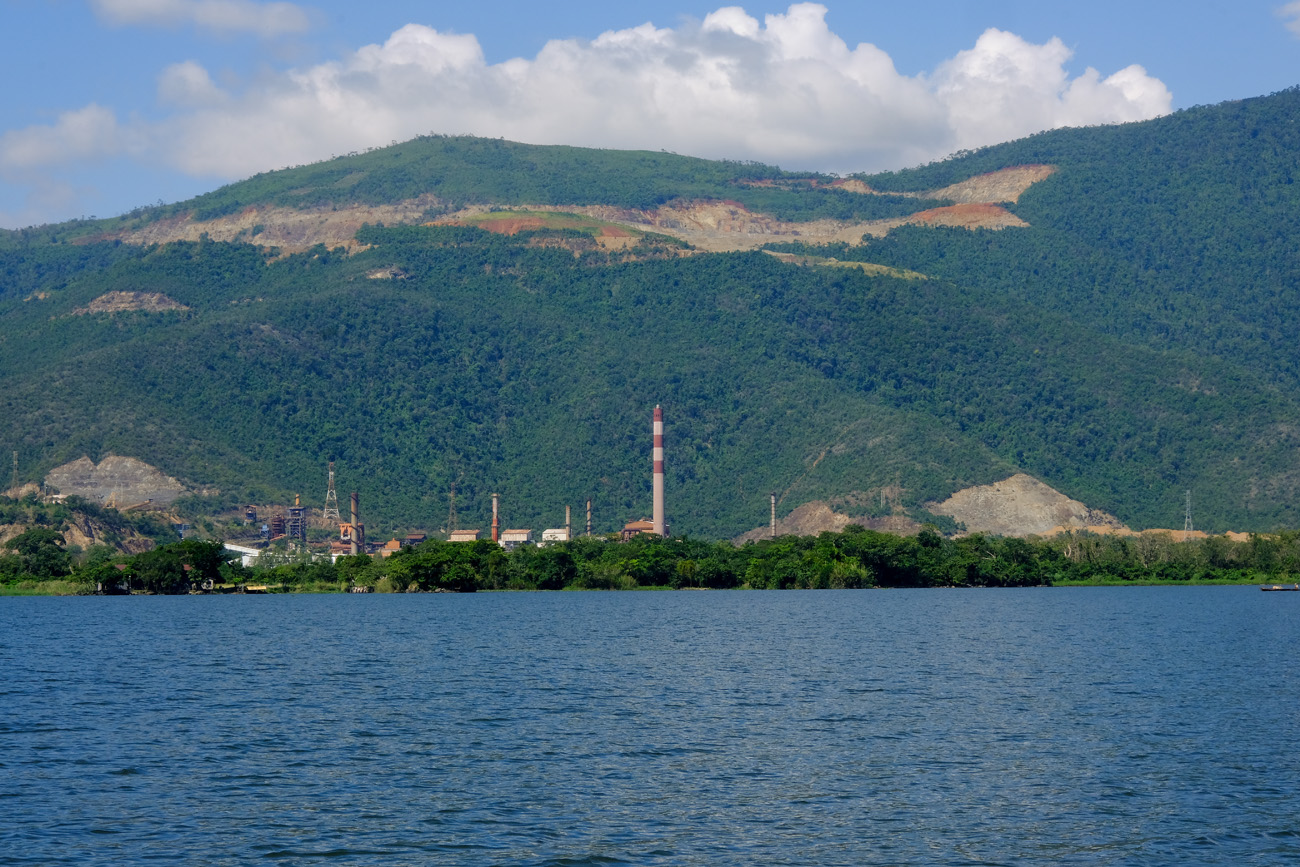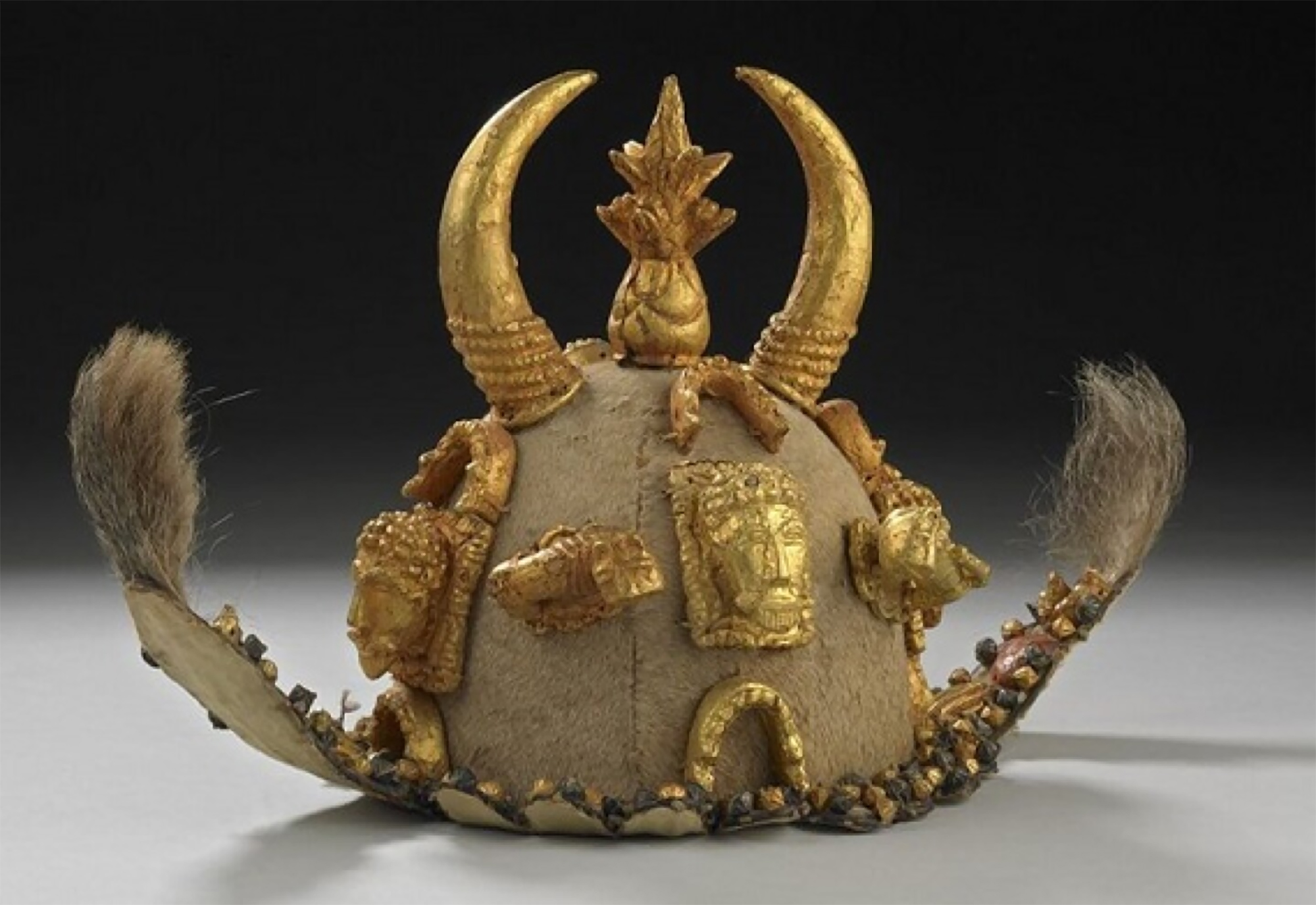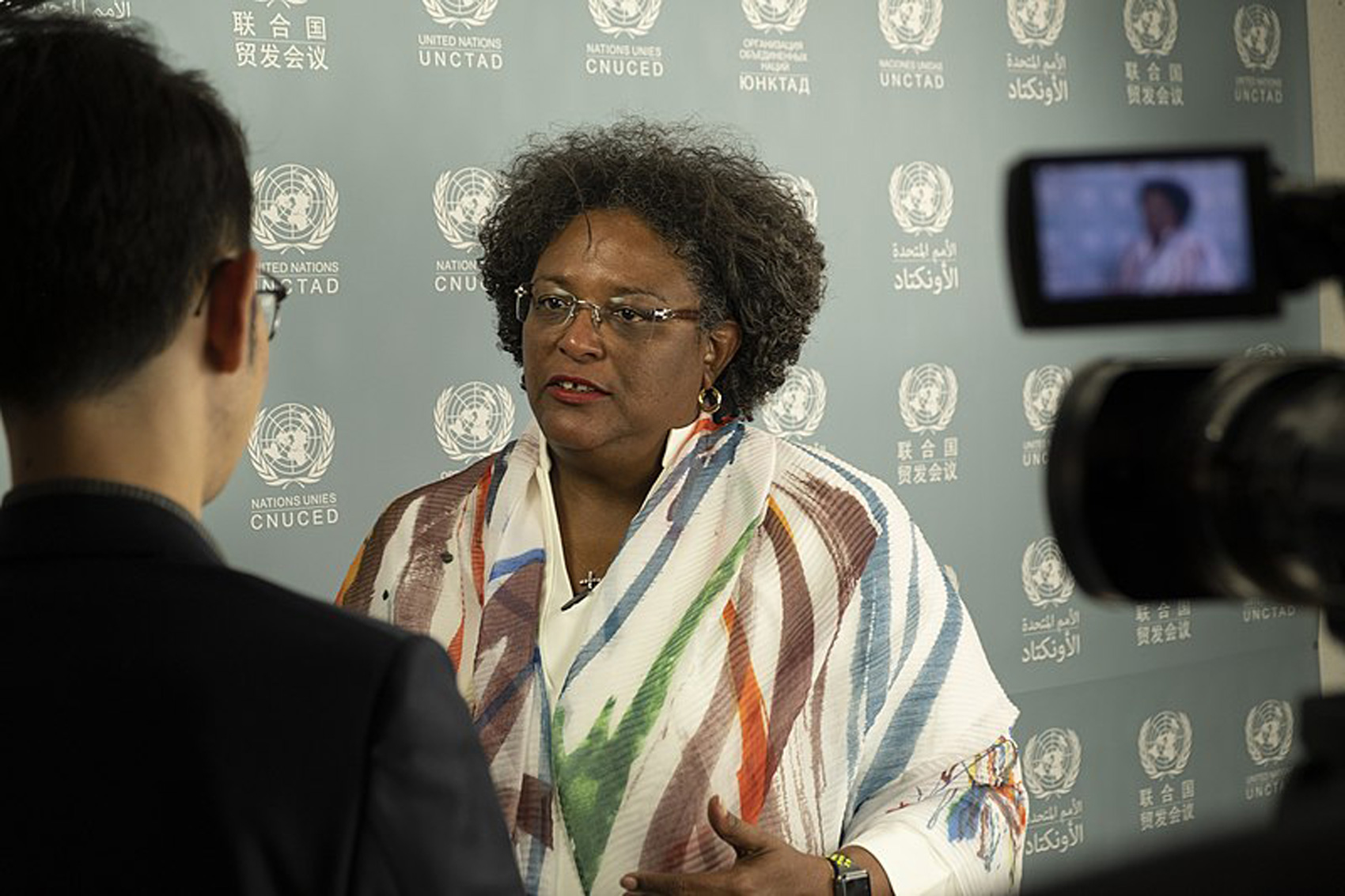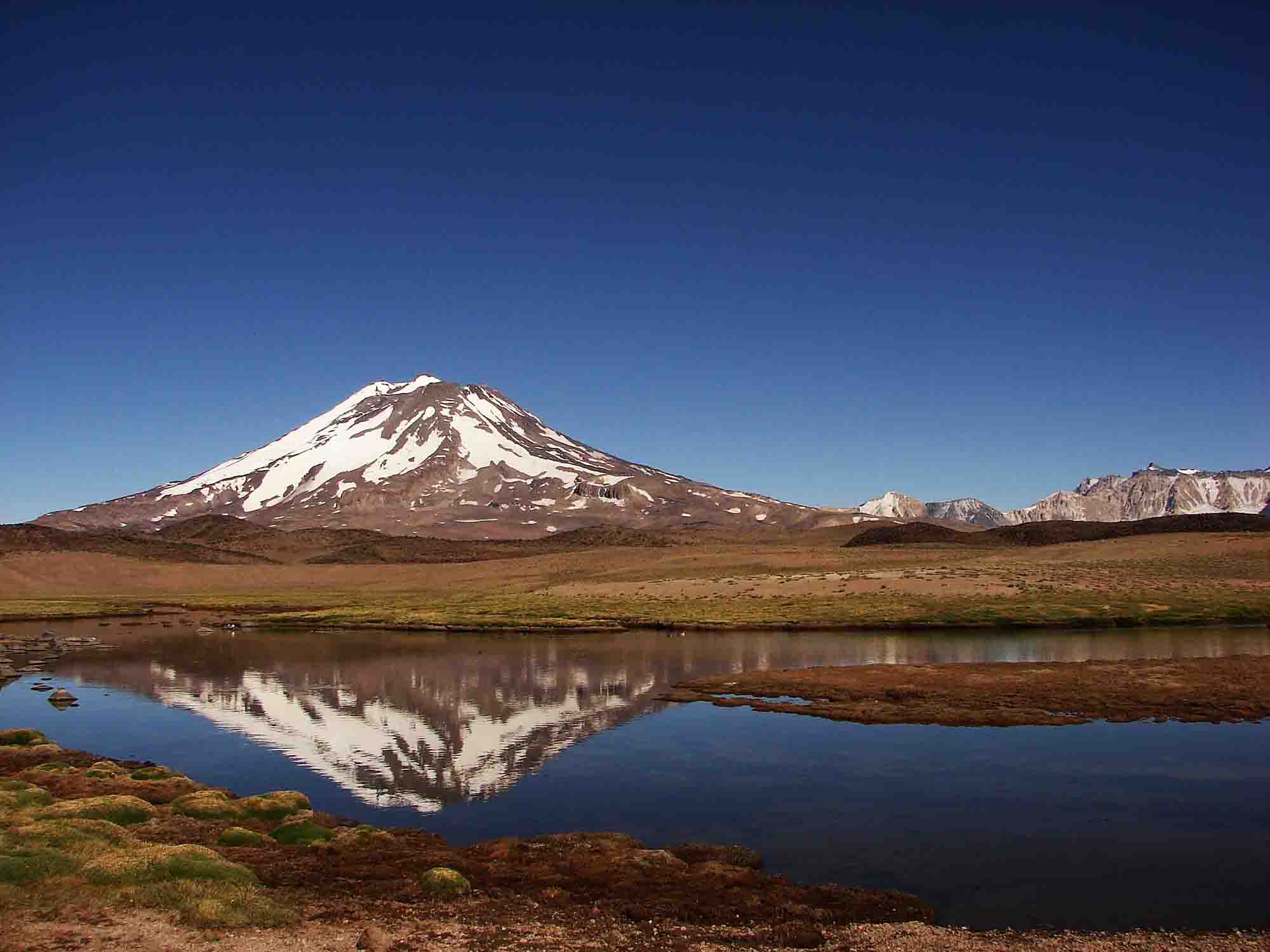Hurricane 'Matthew' Doesn't Kill More Than 900 People in Haiti
- Hurricane Matthew headed to Haiti on October 4, causing major damage in the west of America's poorest country. A month later, nearly 900 deaths were recorded and the cholera epidemic began to spread throughout the cities and villages of the working capital. Although the natural disaster has been mentioned, this new accident in Haiti is a disaster caused and aggravated by hundreds of years of political, ecological and social disaster.
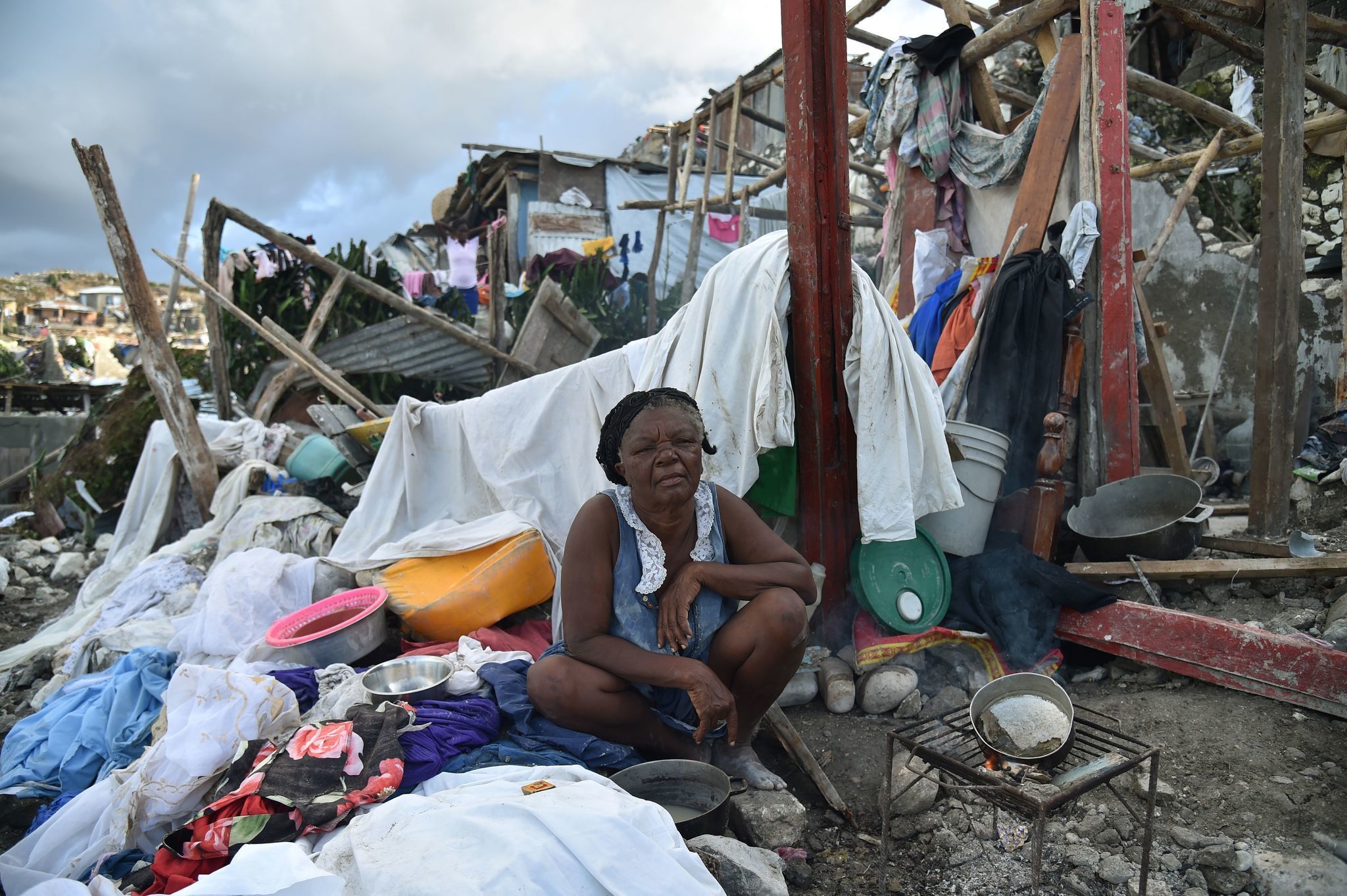
Since Hurricane Felix, which in 2007 became its sixth hurricane, Matthew has been the first 5th level tropical cyclone to have rocked the Caribbean. He has left a dead man in Colombia, 4 in the Dominican Republic, 49 in the United States. Not a single one in Cuba, a model to deal with all kinds of crises. The death toll in Haiti at the beginning of November had reached almost 900, although some experts estimate that the death toll has been 1,500 or more. There's no time for statistics in the poorest country in America, the pseudo-state that manages one of the most ruined societies in the world.
Haiti has been surprised by a storm when it has not yet recovered from the 2010 earthquake eruption. On 24 January, the Richter scale earthquake of Grade 7 caused a massacre that, according to some sources, caused between 100,000 and 160,000 deaths in a population of over 300,000 and a half million figures from the government of Port-au-Prince. Every mess is the Apocalypse here.
“But it hasn’t been natural,” wrote American anthropologist Laura Wagner. “Here there are roots of disasters in socio-economic factors and violence [‘slow violence’], disasters are horribly affected by the marginalized populations of populated villas, full of villas and isolated at a distance. Like Hurricane Matthew, the 2010 earthquake is what Haitian historian Laurent Dubois calls aftershocks of history, echoes generated by the political, ecological and social events of centuries.”
Wagner undertook his thesis of anthropology in Haiti, investigating the effects of the 2010 earthquake. It was then that it ravaged the capital and its surroundings with catastrophe, terror and hunger, bringing thousands of Haitians to the ends of Tiburón and, above all, to the rich region of Grand’Anse. On this occasion the opposite has happened and it is the citizens who have gone to study or seek work in Port-au-Prince who have been left without news from the families of Grand’Anse.
Although not much is mentioned, the hyper-centralized organization of Haiti increases the damage. The earthquake devastated the capital that accumulates more than three million people – one third of the country – in the slums of Bidonville. The consequences of the hurricane have now been aggravated by the mediocrity of the entrances and exits to the west. Without light, with bridges due to the floods, the affected populations have been isolated for several weeks.
In the 18th century, France turned Haiti into the most productive agricultural facility in the world, based on the slavery of thousands of people. The centralist model that they established, which completely differentiated the citizens and the peasant servants, has reached today, every administrator – the occupants of the United States in the period 1915-1931, the neocolonial dictators Duvalier since... – has worsened the organization without head of the territory. Matthew is going to force thousands of other citizens to Port-au-Prince, where most of the aid is distributed by international forces and NGOs.
A friend writes to Wagner telling someone he's heard on the radio that this storm has been worse than the earthquake six years ago. "I was surprised, because you can't compare the number of victims then with the number of victims now. But then I've realized that Matthew has destroyed the west that feeds the entire nation, hasn't left a single tree standing, has destroyed all the harvests of the fields, and maybe he was right."
Peacemakers and the hunger industry
As October progresses, the images of Haiti have been enriching, on the one hand, the arrival of airplanes full of assistance around the world and, on the other, the first news of victims of the cholera epidemic.
But with case cholera, Wagner says. “You shouldn’t believe that catastrophe automatically brings cholera. The epidemic cannot occur where there is no cholera bacteria, however poor they are, and Haiti did not have cholera until in 2010 it was spread by the military sent by the United Nations peace mission.” In a few months, 9,000 people died and half a million more fell ill, brought by Nepali military personnel into the UN MINUSTAH operation to help the Haitians.
The journalist Fabrizio Lorusso, author of the book “Haiti, the hunger industry”, has placed in the Mexican newspaper La Jornada the misfortunes of this country in geopolitics and history: “The neocolonial voodoo against Haiti.” Haiti was the first black republic in the world without slavery, after the independence of France from Napoleon Bonaparte in 1804.
Since then, the great powers have systematically cut off their wings. In 1825, France claimed Haiti the payment of 150 million francs of gold as compensation for the property and slaves left there by the settlers and imposed a blockade with other major powers. Fertilizers lasted 125 years. Haiti was invaded in 1914 by U.S. soldiers on the pretext of world war, and there they would remain until 1935.
In the 1950s the reign of the Duvalier, François Papa Doc first began, his son Jean-Claude Bébé Doc later until 1986. Anyone who wants a horror story has nothing but to read the exploits of Tonton Macoute, his executioner's squadron. ==Death==Duvalier died in Paris in peace in 2011. On the contrary, leftist theologian Jean-Bertrand Aristide, elected by popular vote, was twice violently torn down by the military in 1991 and 2004. In the second, the United Nations sent peacemaking troops to the pretexts of chaos, which whenever the right really loses power is well organized.
“Haiti’s misfortune is much more related to geopolitics and economics than to the whims of nature,” Lorusso wrote. In 2010, Bill Clinton publicly apologized for having forced Haiti to buy rice from the United States in the years it ruled. While the United States was financially supporting its industrial agriculture, it plunged many Haitian farmers and forced them to migrate to the slums. But Clinton's words have not brought major changes, while Haitians have changed their ways of feeding forcibly.
Plunging the country into unsolvable poverty, 10,000 NGOs manage international humanitarian aid. Laura Wagner, anthropologist of the disasters: "Many places in the United States and France are rich and strong because others like Haiti are poor and weak. We are here because they are there.”
The Centre Tricontinental has described the historical resistance of the Congolese in the dossier The Congolese Fight for Their Own Wealth (the Congolese people struggle for their wealth) (July 2024, No. 77). During the colonialism, the panic among the peasants by the Force... [+]
Ghana, 1823. The first war begins between the Ashanti Empire and the British. In total, there were four wars that lasted until 1901. Previously, Europeans controlled the country’s Gold Coast. But the abolition of slavery in 1807 led to the decline of the coastal business and... [+]
The Internet is a territory under debate. These debates affect the future of our democracies and our paths to climate and social and environmental justice. In these struggles, for us to do our job, we need to know the dynamics of the Internet. To better understand a territory, a... [+]
Mali (2020), Guinea (2021), Burkina Faso (2022) Niger (2023) and now Christmas. Each State has its own socio-political reality, and the Western view cannot make generalities. Every coup has its peculiarities and reasons, because Africa is vast and each people has its own... [+]
Since the twentieth century we have come out with a grave fear of words. We did not go further into naming things, everything is circumvolution, metaphor and euphemism as if we tried to alleviate the harsh reality: Elkano did not share the dream of the king of Portugal and from... [+]











